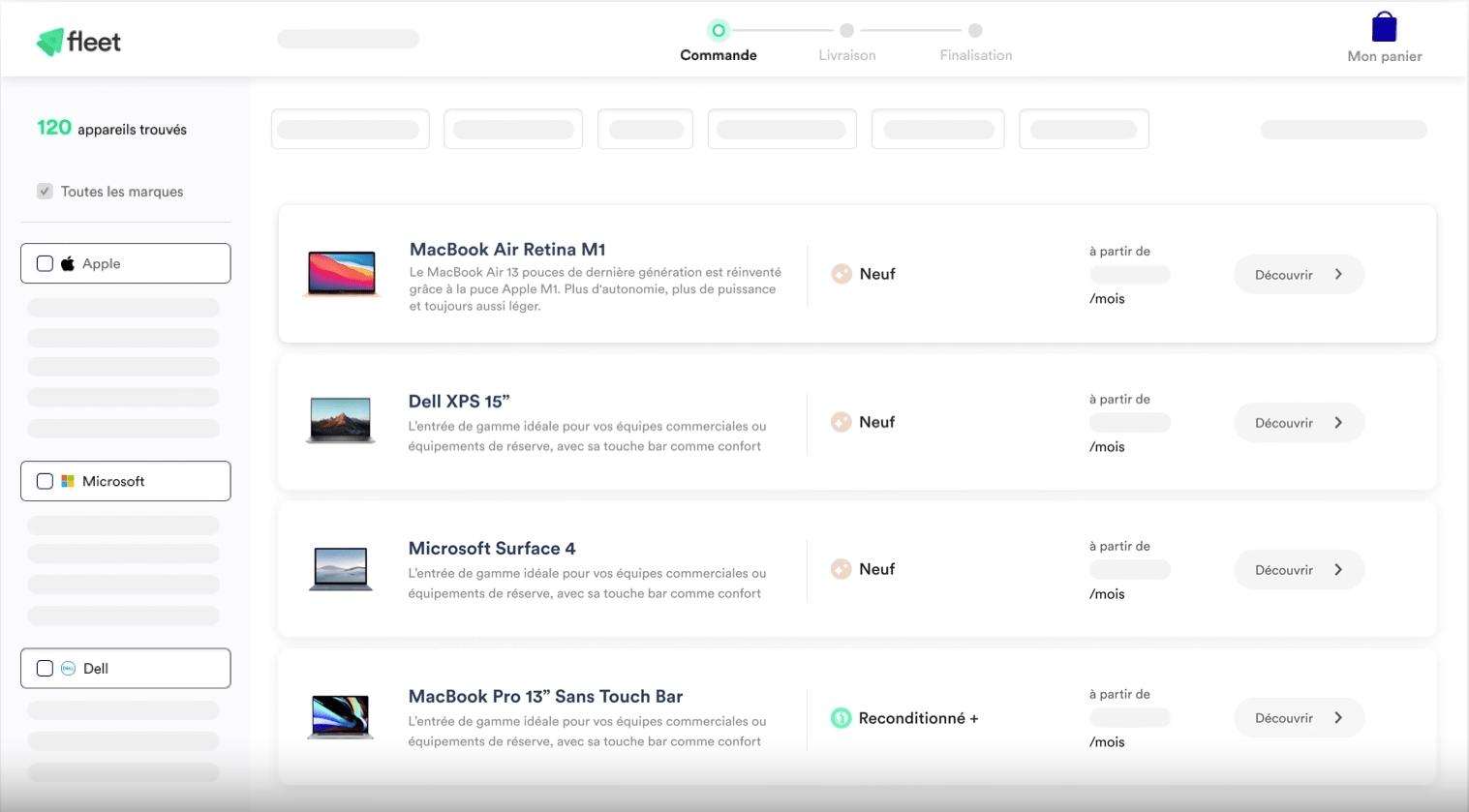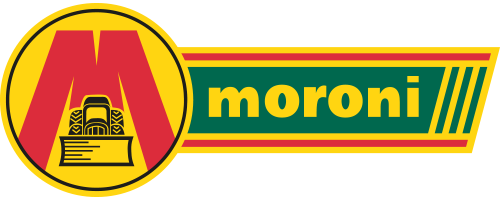In the realm of technology companies, Fleet has developed in an uncommon manner: the start-up has never raised funds and became profitable within just a few months of its existence. The explanation lies in Fleet’s business model.
Fleet does not finance the purchase of computer equipment itself but collaborates with financing partners specialized in leasing. These partners fund the purchase and collect the rents paid by Fleet’s clients. Fleet acts as an intermediary, earning its margin on the financing at the time of purchase. Thus, Fleet’s Working Capital Requirement (WCR) is optimized.
Fleet’s success is based on a strong and advantageous promise: responsiveness. Fleet commits to minimizing the time between a client signing a leasing contract and the delivery of the equipment to them, which can negatively impact its WCR in two ways.
Firstly, Fleet may be required to purchase the equipment before receiving financing from its financial partner. To promptly deliver to its client, Fleet purchases the equipment as soon as its financial partner approves the financing. Therefore, it is not uncommon for Fleet to acquire equipment before receiving funds from its financial partner. For example, suppose Company A wants to equip its employees with MacBooks, for €6,000, repayable over 3 years. As soon as Fleet’s financing partner approves the €6,000 leasing contract, Fleet purchases the MacBooks and delivers them to Company A — even before receiving the transfer from the financing company, which takes several days to arrive in Fleet’s bank account.
Secondly, to unlock its orders promptly, Fleet makes about one-third of its equipment purchases by credit card, without benefiting from the same favorable payment conditions as invoice payments. However, Fleet often favors card payments because they are the payment method that allows orders to be unlocked as quickly as possible. Invoices are paid by bank transfers, which take longer to unlock orders.
Since its inception, Fleet has thus used bank cards to deliver its clients more quickly — but encountered issues using its cards at its traditional bank. These issues slowed down the start-up and prevented it from honoring the promise of responsiveness, which is crucial in Fleet’s value proposition:
- The payment card limits were very low, forcing Fleet to frequently request their bank to raise them, delaying orders. Every month, Martin Leveau, CFO of Fleet, and his teams, had to send registered letters to their bank to request an increase in their card limits — requests that took several days to be processed.
- The operation of the payment cards was “archaic” in Martin Leveau’s words: the obligation to validate payments online with a physical device that the company’s employees passed around, difficulty in creating cards and inviting collaborators to the platform, impossibility of creating virtual cards..


















